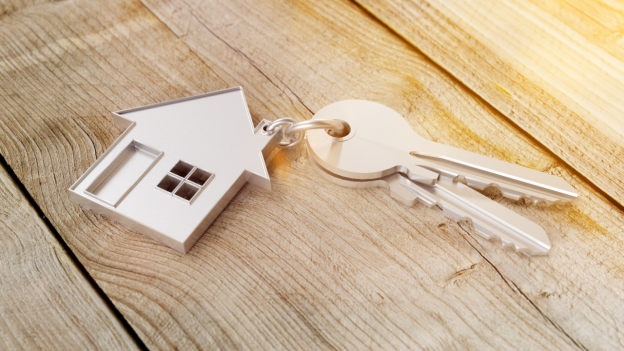If you’re like most small-business owners, your home is your single biggest asset. This probably means that your home loan is the biggest bill you have to pay every month. Perhaps your mortgage isn’t a problem. Nonetheless, it’s likely that you’re spending thousands of dollars a year on interest and other charges. However, you could refinance your home loan. If you do, you could save a lot of money. You could also reduce your monthly payment. Moreover, you could even shorten the amount of time it will take you to pay off your loan entirely.
However, before deciding whether or not to refinance your home loan, it’s important to consider your personal financial situation. Additionally, you’ll need to take into account the conditions of the economy.
Therefore, be sure to ask these questions before you decide to refinance your mortgage.
What Is the Interest Rate?
The past few years have brought record low interest rates to the mortgage market. In many cases, that means that if you have an older home loan, you could shave several points off your rate when you refinance. However, if your mortgage is fairly recent, it’s important to look carefully at the interest rate that is currently being offered. As interest rates are starting to creep back up, it’s possible that refinancing will give you a higher rate than what you have right now.
Of course, your interest rate is determined by a lot of factors beyond the current market conditions. If you have recently seen an improvement in your credit score, for example, you will likely qualify for a lower rate than you have on your original mortgage.
RELATED ARTICLE: WANT TO START WORKING FROM HOME? NOW IS THE PERFECT TIME TO MOVE
Do You Want a Lower Payment, the Ability to Pay Off Your Mortgage Faster, or Cash to Spend?
If you have any home equity, it’s likely that you will need to decide whether or not to pull it out of your loan. If you simply refinance the remaining balance of your loan, you can choose to extend your payment term. This will give you smaller monthly payments. Or, you could use your lower interest rate to shrink the amount of time it will take to pay the mortgage off. That’s because more of your money will be going to pay down the principal each month.
With careful research, however, it’s possible that refinancing your home loan will allow you to do all three. If you find the right loan, you’ll be able to use a portion of your home equity for immediate expenses. Then you can refinance the remaining balance at a lower interest rate and a longer payment term. This will reduce your monthly payments. As your financial situation improves, make additional payments on the loan to pay it off earlier.
It’s critical to decide what you want out of a home loan refinance before you actually sign off. The total amount that needs to be underwritten is critical to determining the payment terms of the new loan. If you change your mind during the home loan process, it could wind up costing you a lot in fees. If you’re not sure how much money to pull out, ask about a home equity line of credit, which will allow you to adjust the amount of money you can borrow over time. You can also go for a bridge loan or hard money loan to help fasten the loan process.
What Fees Will You Pay if You Refinance?
If you didn’t have a high enough down payment when you first purchased your home, there’s a good chance that you are paying for private mortgage insurance, or PMI, along with your mortgage. Depending on your exact circumstances, this means that you might be paying hundreds of dollars a year for insurance that doesn’t even protect you.
Fortunately, once you have about 20% of your home value paid off, you qualify to have this coverage removed from your mortgage. This can apply to the original value of your home (what you paid) or the home’s current value. That means that if homes in your neighborhood have increased in price, you could qualify to have this fee removed.
Besides canceling PMI, it’s also important to check to see if you are paying any other fees. Other types of mortgage insurance or finance fees can really add up. In some cases, simply canceling the fees on your current mortgage can lower your payment significantly, even if you don’t qualify for a lower interest rate.
So consider all these factors and determine how much you could save if you were to refinance your mortgage. Then it’s time to start looking seriously at a new mortgage. Keep in mind that interest rates are starting to creep up. Therefore, you need to make a decision on your new loan before the banks decide it’s time to raise the rates again.

